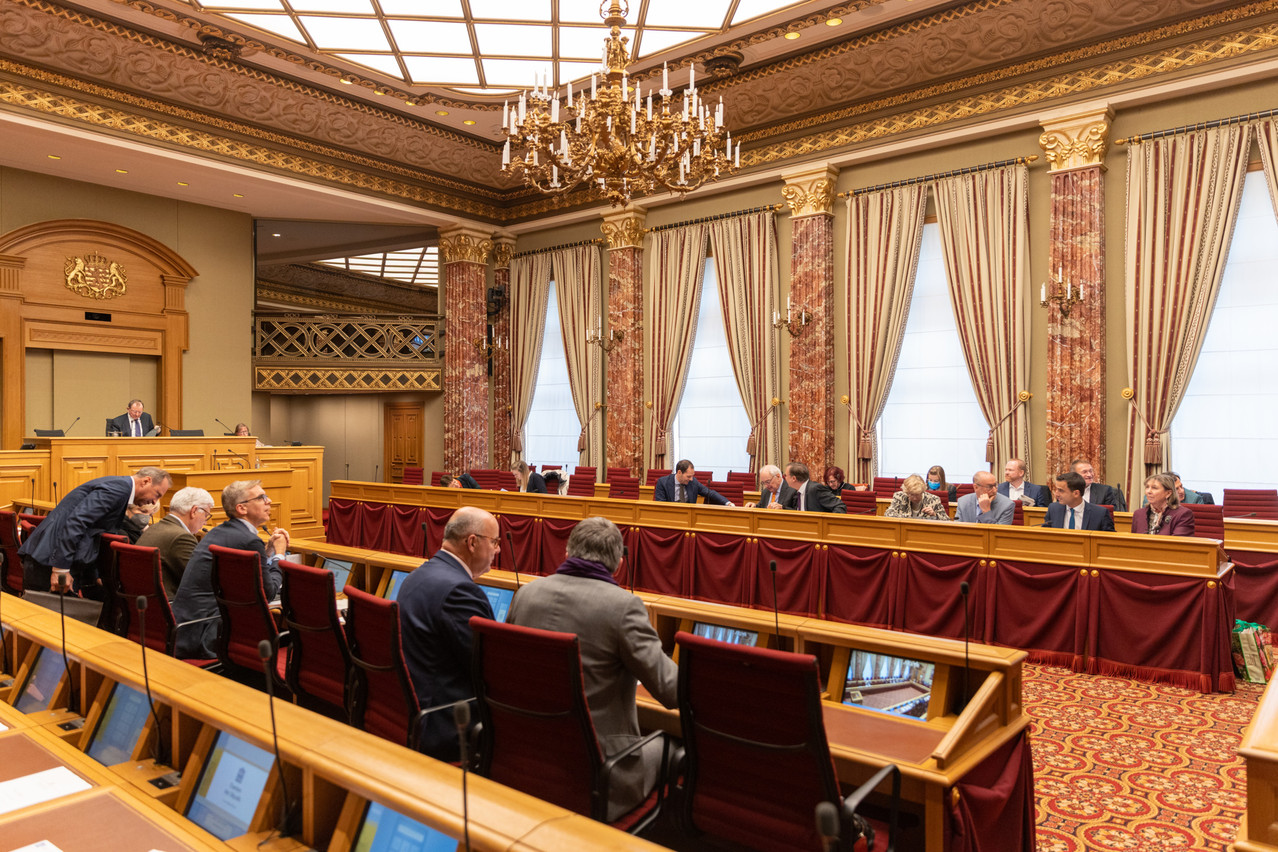For several years, lawmakers, the government and the so-called Fond de compensation (FDC) have debated how the pension fund can reduce its carbon footprint and make greener investments. The FDC has long insisted that it cannot exclude entire sectors of industry, such as nuclear energy or fossil fuels, under its current statutes.
“The Greens don’t share this interpretation,” Charles Margue, a member of parliament for déi Gréng, told Delano after a meeting on Thursday. To finally move the matter forward, however, “there must be a legal change. That became clear this morning.”
The FDC in December 2020 published its first ever . While the fund said it is little exposed to climate financial risks and stranded assets, it exceeds its carbon budget to keep the increase of the Earth’s warming below 2°C by 13%.
That same month, members of parliament urging the government to analyse how environmental, social and governance (ESG) criteria could be implemented more consistently in the fund’s investment strategy.
Exclusion list
The fund at the end of last year adopted a new strategy for 2023 to 2027, with Greenpeace and human rights group ASTM criticising that this document was adopted behind closed doors.
It is set to be subject of the debate in parliament in February. “We don’t have time to lose,” said Margue, as discussions have barely advanced in more than two years.
The pension fund blacklists companies from investment based on an analysis by Sustainalytics, an ESG research and data firm, which screens more than 25,000 companies, according to its website. Some 120 companies are currently barred from investment by the FDC with another 180 under observation.
The exclusion list is updated twice a year. The FDC invests in around 5,700 entities in total, including carbon majors like BP and Shell but also mining companies and defence firms.
The Fonds de compensation was created in 2004 to gain revenue from the pension system’s excess funds. The contributions by private sector workers are divided into covering costs for pensions being currently paid out and reserves managed by the FDC. Public sector workers’ pensions are managed through a separate system.
Déi Lénk already in 2020 had submitted a proposal to reform the law regulating the pension fund. This includes the creation of an ethics committee to oversee the fund as well as new rules for its exclusion list to cover entire sectors, such as fossil fuels, tobacco or nuclear power.
The government is analysing this document, Margue said.
Dwindling reserves
Since becoming fully operational in 2007, the FDC has accumulated returns worth around €9bn from its investments and manages a portfolio of around €26bn, enough to cover more than four years’ worth of pension payments.
But these reserves are set to dwindle over the coming years. Already by 2030, there will be fewer than two active employees per pensioner. The ratio is currently 2.5 workers for one pensioner.
The reserve could from 4.8 years of contributions to just 1.5 between 2039 and 2043 and be fully used up between 2045 and 2048.
Social security minister Claude Haagen (LSAP) said last year that the government and social partner must “address this essential subject so that all generations can benefit from a pension system that offers adequate protection.”
Members of parliament are set to reconvene in committee on Monday to discuss another thorny issue: the fund’s investment into real estate and its role in alleviating Luxembourg’s housing crisis by injecting cash into the construction sector.
